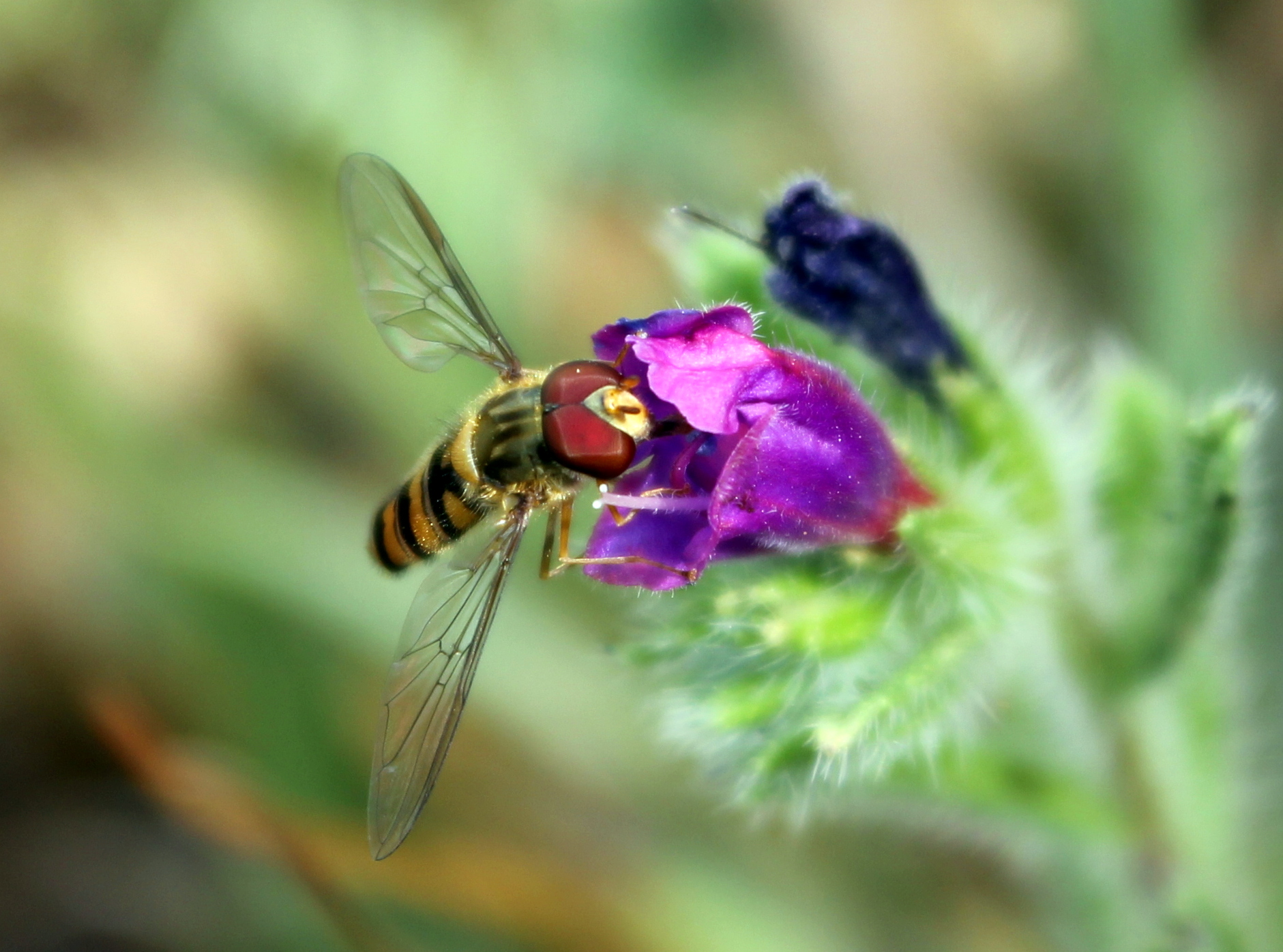Take Part
Take part at your school
The environment is for everyone. The BioDAR project is encouraging everyone to help monitor our environment.
By 2022, the BioDAR project will create an open-access Bug Map. This will look much like a weather map, but will show which insects are most abundant in the air around you. You’ll be able to find out about the insect wildlife in your local area and explore different parts of the country to see how your region compares to other regions.

If you want to get hands-on with environmental monitoring, there are two exciting opportunities for getting involved with the project:
Balloon sampling
As part of the BioDAR Project, our scientists will be launching giant balloons with sampling nets into the skies. The sampling nets will catch insects and tell us about the diversity and abundance of insects in the sky. While our balloons will be huge (about one and a half times the volume of a large elephant!) you don’t need something that big to try it out.
We have teamed up with Public Lab, a community of DIY environmental scientists, to provide 10 free balloon sampling kits for schools around the UK. By leaving these balloons in the air with sticky traps attached, you’ll be able to catch small animals that are flying over your school. These balloons can be flown several times without needing to be replaced, and can be flown at heights of up to 60m with any permits required.
We will run a prize draw for our schools balloon kits in early 2020. Keep an eye on our news and updates for the announcement of the prize draw. We’ll also be producing some curriculum-linked teaching materials based around the kits for when the competition closes. If you’d like to find out more, please feel free to contact us.
Pollinator monitoring
If you can’t wait for the balloon sampling, or if you want to explore your local insects at ground level, you can take part in the UK Pollinator Monitoring Scheme(PoMS).
PoMS is organised by the Centre for Ecology and Hydrology, and the aim is to encourage people in their communities to come together to monitor their local pollinators. The methods are very simple: you find one of 13 common flowering plants and then record all the insects that visit that plant for 10 minutes. This method is called a ‘flower-insect-timed count.’
During 2017 and 2018, PoMS had a fantastic 1,307 counts submitted by members of the public and that number is increasing all the time. Of course, the data is more valuable the more people are involved so it’s a great opportunity to support UK environmental monitoring. We think PoMS is especially suiatble for schools because children can be involved in the counts on a regular basis and can learn how to carry them out at home too.
The BioDAR project will be developing more opportunities for schools and local communities to get involved as the project develops, so remember to keep checking our news and updates.
